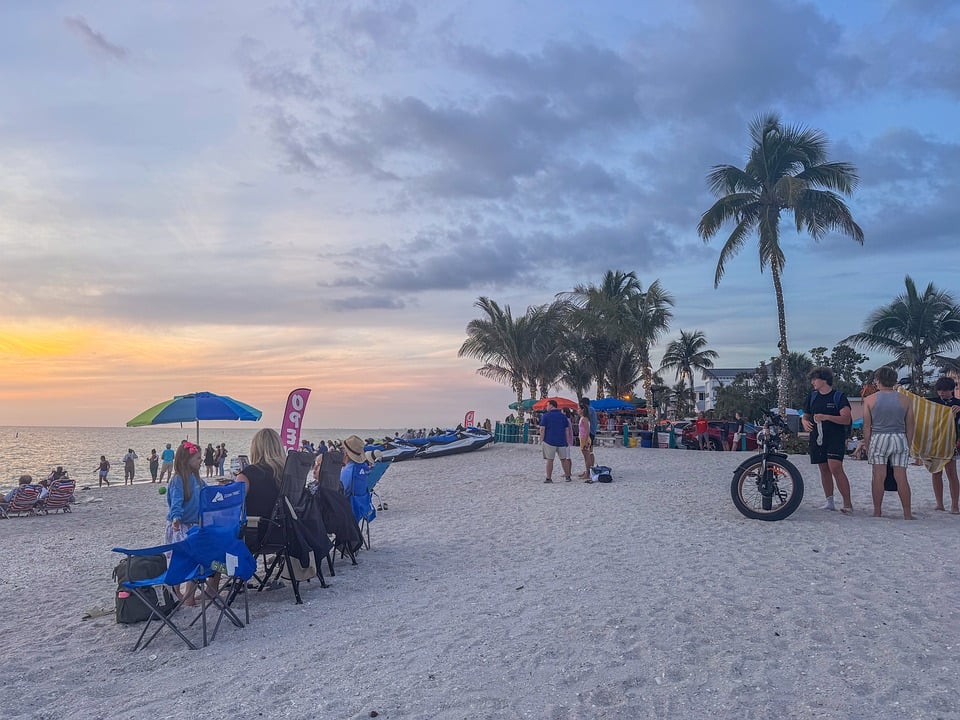In today’s fast-paced world, the transition from tradition to modernity is an inevitable reality that societies around the globe are facing. The clash between age-old customs and the demands of a rapidly changing world presents a plethora of challenges and opportunities for individuals, communities, and nations. This article will explore the various facets of this transition, from its historical roots to its current manifestations and potential future trajectory.
Historical Context
Traditionally, societies have been built on cultural norms, religious beliefs, and social hierarchies that have endured for generations. These traditions have provided a sense of identity, cohesion, and stability to communities, shaping the way people interact, communicate, and live their lives. However, as technology advances, economies globalize, and communication barriers break down, traditional ways of life are being challenged and transformed.
Historically, the transition from tradition to modernity can be traced back to the Industrial Revolution in the 18th and 19th centuries. This period marked a shift from agrarian economies to industrialized societies, leading to urbanization, mass production, and the rise of capitalism. As people migrated from rural areas to cities in search of work, traditional family structures and social hierarchies were disrupted, giving rise to new forms of social organization and economic activity.
Current State
In the 21st century, the pace of change has accelerated exponentially, driven by advancements in technology, communication, and globalization. Traditional values and practices are being challenged by an increasingly interconnected world, where ideas, information, and cultures are constantly being exchanged and reinterpreted. This has led to a complex interplay between tradition and modernity, as societies grapple with issues such as identity, migration, inequality, and environmental sustainability.
Some key aspects of the transition from tradition to modernity in today’s society include:
– Rapid urbanization and the growth of megacities, leading to the erosion of traditional rural communities and the emergence of new urban lifestyles.
– Changing gender roles and family structures, as women enter the workforce in greater numbers and traditional notions of masculinity and femininity are redefined.
– Cultural globalization and the spread of Western values and consumerism, challenging traditional cultural norms and practices.
– Environmental degradation and the impact of climate change, forcing societies to reevaluate their relationship with the natural world and adopt more sustainable practices.
Future Predictions
Looking ahead, the transition from tradition to modernity is likely to continue unabated, as societies adapt to the challenges and opportunities of a rapidly changing world. Some key trends and predictions for the future include:
– Continued urbanization and the rise of smart cities, where technology and data are used to improve efficiency, sustainability, and quality of life.
– Increased automation and artificial intelligence, leading to shifts in the labor market and the need for new skill sets and education systems.
– Greater emphasis on diversity, inclusivity, and social justice, as societies become more interconnected and aware of global inequalities.
– The emergence of new forms of governance and political organization, as traditional institutions are reshaped by technology, activism, and changing demographics.
In conclusion, the transition from tradition to modernity is a complex and multifaceted process that is reshaping societies around the world. While this transition presents numerous challenges and uncertainties, it also offers immense opportunities for growth, innovation, and human flourishing. By understanding the historical roots, current manifestations, and future predictions of this transition, we can better navigate the complexities of our rapidly changing world and build a more inclusive, sustainable, and just society for future generations.
Thank you for engaging with this article on society in transition. For further exploration of this topic, we recommend consulting academic journals, books, and online resources that delve into the intricacies of tradition, modernity, and societal change. Stay curious, stay informed, and stay engaged in the ongoing dialogue about the future of our world.
